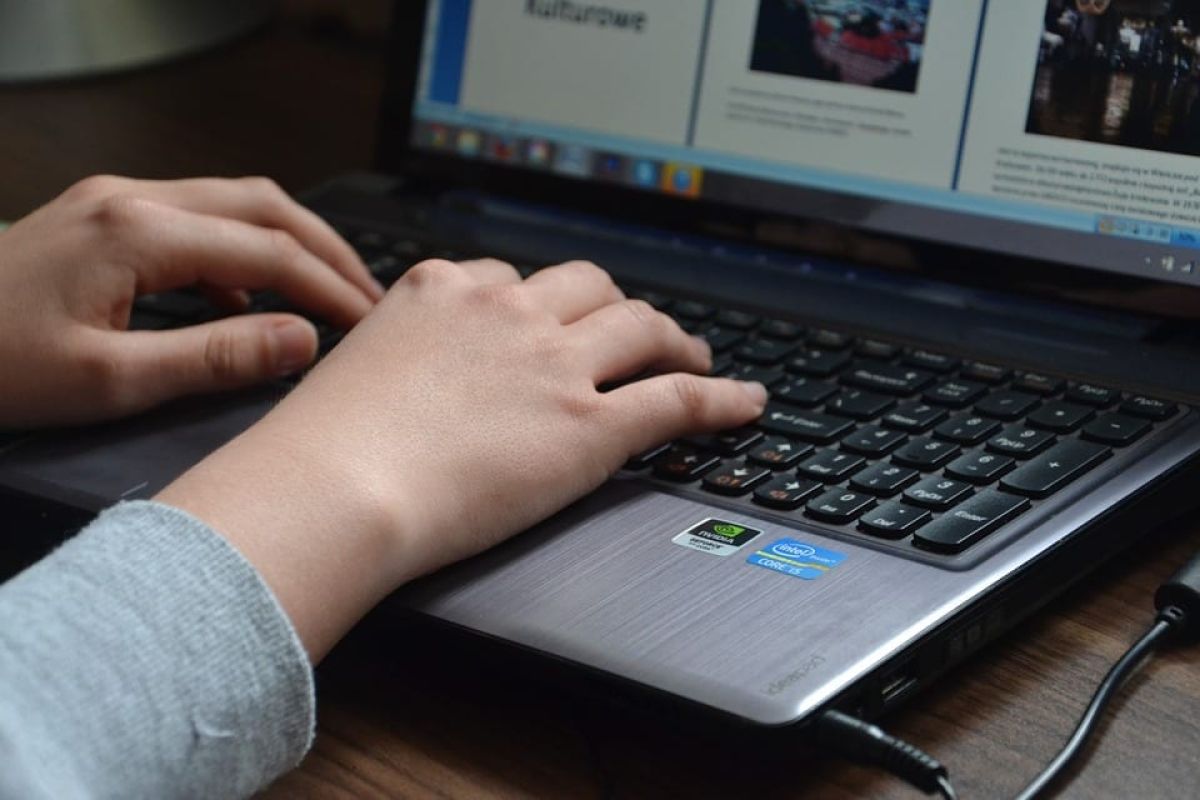Rethink modern communication

I’ve been told by my parents, my advisors, and especially my lecturers to check my emails religiously. My inbox usually consists of spam, New York Times daily briefings, and relentless retirement emails – which makes me curious about how mailing lists are put together, and why I’m on them.
I delete all of these. The only emails I keep after reading are those from my high-school friend Annie, a medical student in Boston who loves Rocky Horror, The Bell Jar by Sylvia Plath, as well as recalling specific bones of the body among an array of things.
Every Friday, Annie emails out a newsletter named “throwing this into the abyss” to a handful of friends and family around the world. The newsletters cover all aspects of her life – her newest mantra, the latest song she’s listening to, or an overview of her past week.
They are eloquently written, filled with brilliant content, and can make me laugh and cry. These updates are almost like getting a quick coffee with Annie, despite people around the world reading alongside me. I may be biased but these emails give me a new outlook on connection in the modern era.
Despite all the means of communication available to this generation, I feel very disconnected from the world. When I had social media, I felt dejected every time I left the app, criticising myself for my internal comparison to everyone’s lives. Why does this happen? And, am I alone in experiencing this feeling?
When I asked Annie why she started, she simply explained that the newsletters were a “good way to collect my thoughts and stay in touch with my friends across the world.” Yet surely this is exactly the role of social media as well?
In my opinion, the difference is that when I read the newsletter I recognise how much time she has dedicated to it. I feel the thought put in, the energy, the pauses in her writing equivalent to how she would pause during a conversation over a cup of coffee. When I scroll through Instagram, the genuine nature of the content is gone.
After years on social media, my awareness of the addictive qualities of scrolling and tapping through content has since become noticeable for me. Almost like finally finding out that sugar itself has the potential to be as addictive as cocaine. This is something that so many students experience, and yet we do nothing to combat it.
When I went home for Christmas my social media sessions negatively affected my mood to the extent that I removed the apps off my phone for the year. An activity that has since changed my friendships and relationships with people.
I now put time and thought into my relationships – just like Annie with her newsletters. To me, and hopefully to others, FaceTime and phone-calls are still instrumental to how anyone keeps touch. However for me now, the important thing is to reinvent the way we use these new technologies that we have.
I’m not suggesting that everyone starts writing newsletters because, let’s be honest, no one has the time to read about everyone’s lives. I am not even proposing people leave social media, I am talking about looking at the means of connection in new ways.
Instead of emails from mailing lists, perhaps it would be nicer to have an inbox filled with messages from friends.







